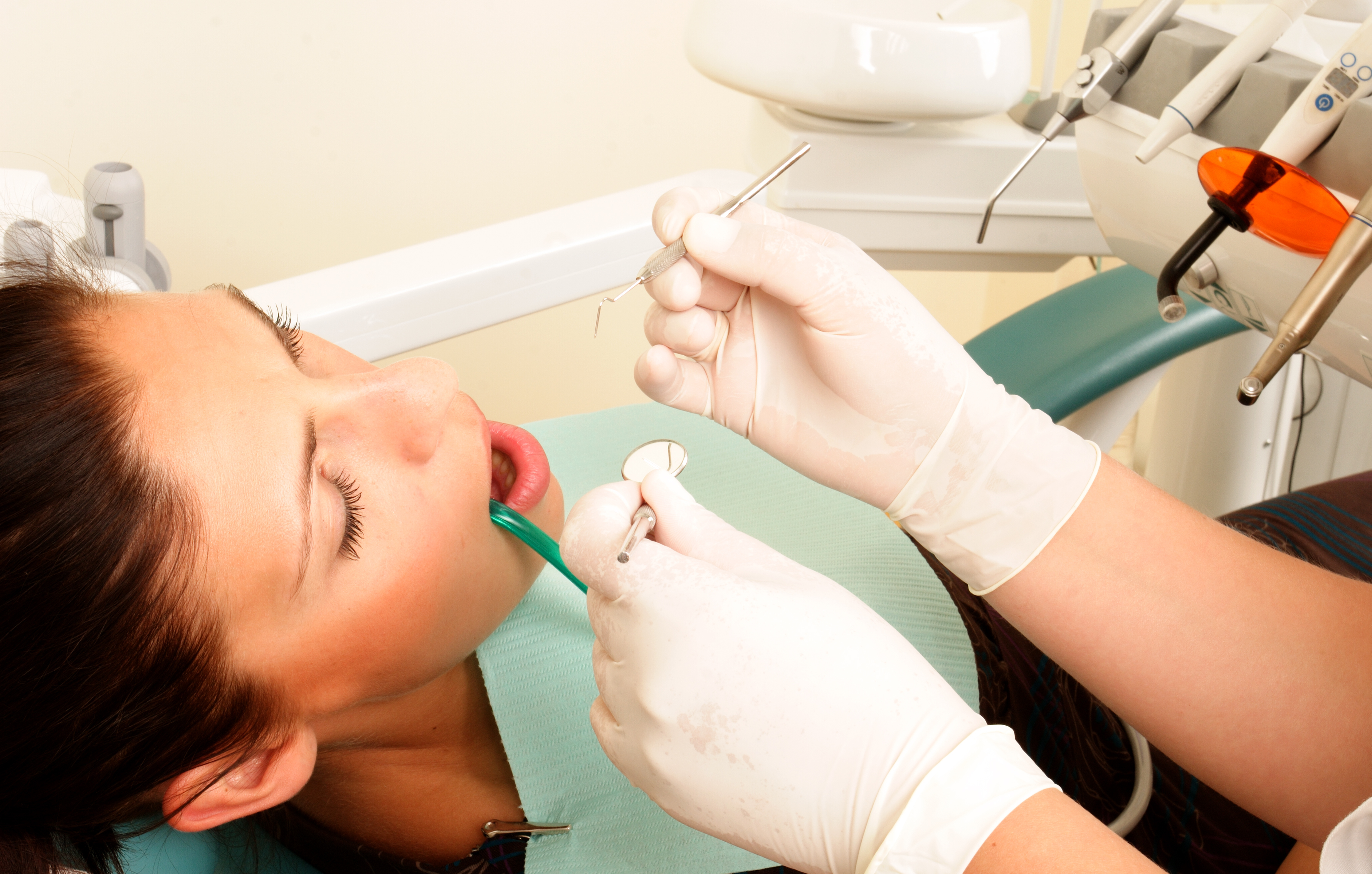Contents:
- Medical Video: Total Hip Replacement
- What is arthritis?
- When do I need to undergo total hip replacement?
- What should I know before undergoing total hip replacement?
- What should be done after undergoing total hip replacement?
- What complications can occur?
Medical Video: Total Hip Replacement
Definition
What is arthritis?
Arthritis is inflammation or damage to one or more joints. The most common type of arthritis is osteoarthritis, a condition when the joints gradually become worn and torn. Some other types of arthritis are associated with arthritis. Arthritis makes the cartilage wear out that covers the surface of the joint, so that the underlying bone becomes damaged. This causes pain and stiffness in the joints.
When do I need to undergo total hip replacement?
Doctors have several reasons to recommend this operation to patients. Before getting the benefits of surgery, patients usually experience:
● hip pain that limits daily activities, such as walking or bending
● hip pain that still feels when resting, either day or night
● stiffness in the hip which limits the ability to move or lift the leg
● pain that is felt not enough to be treated with anti-inflammatory drugs, physical therapy, or walking aids
Prevention & warning
What should I know before undergoing total hip replacement?
Total hip replacement is an elective procedure, or a procedure that can be chosen among other alternatives. The decision to undergo this operation must be made based on consideration of the benefits and potential risks. A thorough understanding of surgical procedures is also needed before making a decision with an orthopedic surgeon.
Most people show good progress in the recovery period. The pain is reduced and the patient can move more actively than before even though basically, the artificial hip is not as comfortable as the original hip. Artificial hips must be maintained in the long run. This artificial hip can wear out and must be replaced over time.
Are there alternatives to surgery?
Symptoms can be reduced by taking painkillers such as paracetamol, anti-inflammatory painkillers, and supplemental intake. Consult further with your doctor before you take supplements. Canes can be used to help you walk. Regular light exercise can help reduce stiffness. Steroid injections into the hip joint can relieve pain and stiffness. All these alternative actions become less effective if the condition of arthritis gets worse.
Process
What should I do before undergoing total hip replacement?
At the stage of preparation for surgery, make sure you tell your doctor about your health condition, the medicines you are taking, and all the allergies you have. The anesthesiologist will explain the anesthesia procedure and give further instructions. Make sure you follow all doctor's instructions, including a ban on eating and drinking before surgery. You also need some modifications at home to support the recovery process. Discuss with the doctor for further instructions.
What is the total hip replacement process?
Various anesthetic techniques may be used in this procedure. Surgery usually takes one hour to 90 minutes. The surgeon will make an incision on the side of the hip and remove the damaged ball and socket joint. Then, the doctor will insert artificial joints made of metal, plastic, ceramics, or a combination of these materials. By using acrylic cement or a special coating, a replacement hip can remain attached to the bone.
What should be done after undergoing total hip replacement?
After surgery, you are allowed to go home after 3 to 7 days. For several weeks, you need to use crutches or sticks to walk. Regular exercise is also proven to accelerate the healing process. But before deciding to exercise, you should ask for a doctor's advice.
Complications
What complications can occur?
Each surgical procedure must have its own risks, including total hip replacement. The surgeon will explain all kinds of risks that may occur after surgery. Common complications that can occur after surgery are the effects of post anesthesia, excessive bleeding, or blood clots in the deep vein (deep vein thrombosis or DVT).
Patients who undergo this procedure have the potential to experience complications:
● separate femur
● damage to nerves around the hip
● damage to blood vessels around the hips
● infection in the hip
● replacement hip stretches
● there is bone formation in the muscles around the replacement hip
● dislocation
● difference in leg length
You can reduce the risk of complications by following the doctor's directions before surgery, such as fasting and stopping taking certain drugs.
Hello Health Group does not provide medical advice, diagnosis or treatment.











